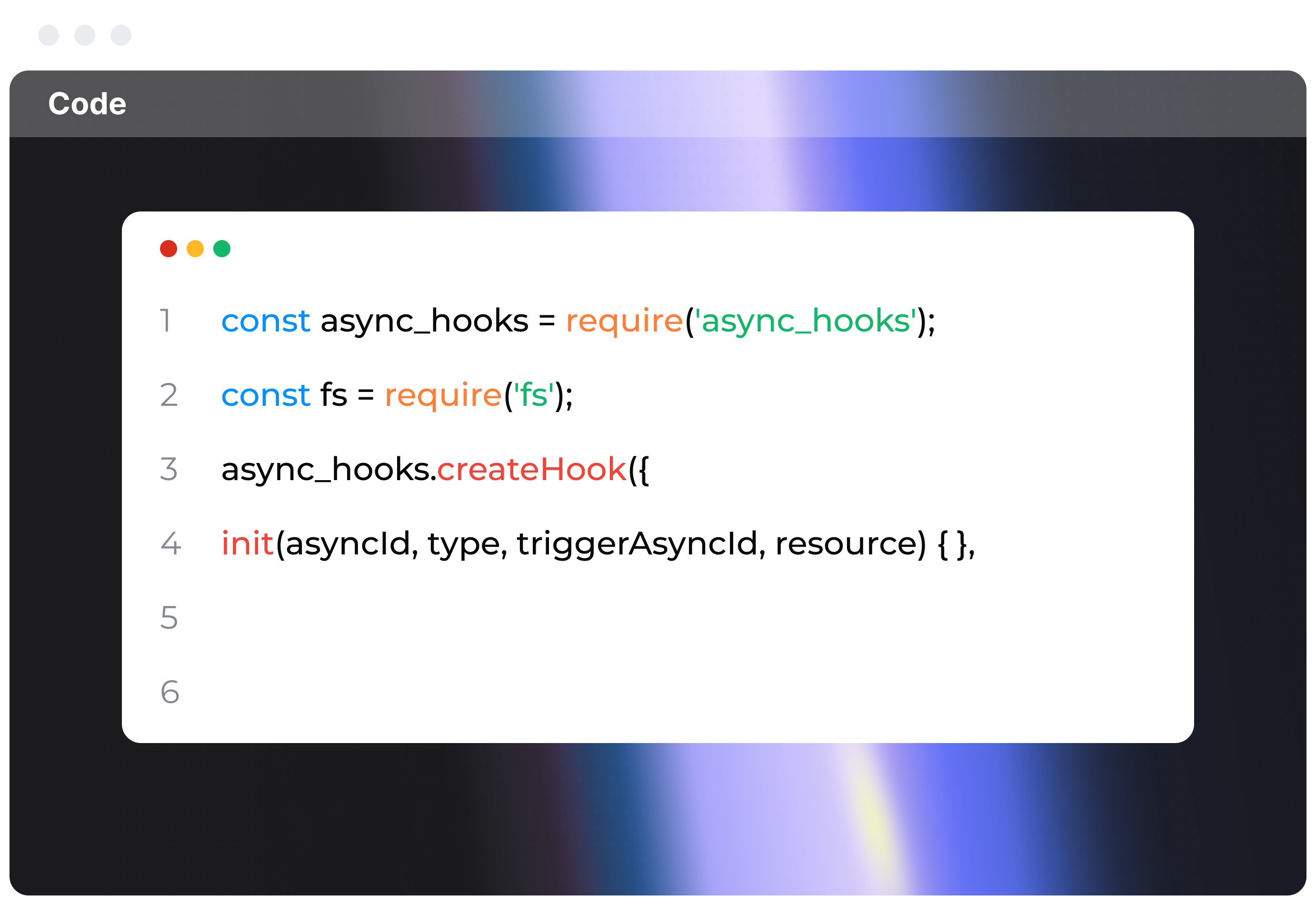How to protect JavaScript apps from tampering and reverse engineering?

Keeping your JavaScript code safe
Keeping your JavaScript code safe from prying eyes and unwanted tampering is super crucial, especially if you're dealing with sensitive data or important operations. JavaScript is, unfortunately, easily viewable because it’s interpreted rather than compiled. But don't worry! There are quite a few strategies to protect your code from being hacked or reverse-engineered.
Minification and Obfuscation
Minification strips out unnecessary characters like spaces, newlines, and comments from your code without changing its functionality. Obfuscation, on the other hand, transforms the code into something difficult to understand.
Example:
Before Minification/Obfuscation:
function greetUser(username) {
console.log("Hello, " + username + "!");
}
greetUser("John Doe");
After Obfuscation with a tool like UglifyJS:
function _0x3e7b(_0x1c2b27){console['log']('Hello\x2c\x20' + _0x1c2b27 + '\x21');}_0x3e7b('John\x20Doe');
Tools:
- UglifyJS
- Terser (more modern than UglifyJS)
- Closure Compiler
How to Use UglifyJS:
npm install -g uglify-js
uglifyjs yourfile.js -o yourfile.min.js -m -c
Use Server-Side Rendering (SSR)
Using SSR means shifting much of your logic to the backend, making it very difficult for attackers to access your JavaScript code.
Example: Using Next.js for SSR
npx create-next-app@latest
# Follow setup steps, then start the server
npm run dev
Web Assembly (Wasm)
Wasm lets you compile languages such as C, C++, and Rust into WebAssembly, which you can then use within your JavaScript apps. WebAssembly code is much tougher to reverse-engineer compared to JavaScript.
Example:
- Write your code in C:
```
#include <emscripten.h>
EMSCRIPTEN_KEEPALIVE
int add(int a, int b) {
return a + b;
}
1. **Compile to Wasm:**
emcc add.c -s WASM=1 -o add.js
1. **Use in JavaScript:**
fetch('add.wasm').then(response =>
response.arrayBuffer()
).then(bytes =>
WebAssembly.instantiate(bytes)
).then(results => {
const add = results.instance.exports.add;
console.log(add(2, 3)); // Output: 5
});
### Code Integrity Checking
Implement integrity checks to detect any modifications to your JavaScript code. One way to do this is by using hash functions.
**Example:**
import crypto from 'crypto';
const originalHash = '5d41402abc4b2a76b9719d911017c592'; // Precomputed hash of the original script
function checkIntegrity() {
const scriptContent = document.querySelector('script').innerHTML; // Simplified for example
const hash = crypto.createHash('md5').update(scriptContent).digest('hex');
if (hash !== originalHash) {
console.warn('Script integrity check failed.');
} else {
console.log('Script integrity check passed.');
}
}
checkIntegrity();
### Secure HTTP Headers
Using security headers can protect against certain attacks like XSS. Always employ HTTPS and set `Content-Security-Policy` (CSP) to define the sources from which your resources can be loaded.
**Example (Express.js):**
Add this using a middleware:
const helmet = require('helmet');
app.use(helmet());
// Setting custom CSP
app.use((req, res, next) => {
res.setHeader("Content-Security-Policy", "default-src 'self'; script-src 'self'");
next();
});
### Code Splitting
Breaking your code into smaller chunks that load asynchronously makes it much harder for someone to get all of your logic in one go.
**Example:** Webpack Code Splitting
// Dynamic imports using Webpack
function loadModule() {
import('./module').then(module => {
module.default();
}).catch(err => {
console.error(err);
});
}
### Environmental Keys and Configuration
Never expose sensitive info like API keys or secrets in your code. Instead, use environment variables and server-side configuration.
**Example (Node.js):**
// .env file
SECRET_KEY=mysecretpassword
// Load environment variables in Node.js
require('dotenv').config();
const secretKey = process.env.SECRET_KEY;
### Monitor and Log
Constantly monitoring and logging can alert you to any suspicious activities, giving you a chance to mitigate issues quickly.
**Example (Sentry.io):**
import * as Sentry from '@sentry/browser';
Sentry.init({ dsn: 'your-dsn-url' });
By using a mix of minification, obfuscation, server-side rendering, Web Assembly, integrity checking, secure headers, code splitting, environmental keys, and constant monitoring, you can significantly protect your JavaScript application. Staying updated with the ever-changing security landscape is the best way to ensure your code remains safe and secure. Enjoy coding, and keep secure!









